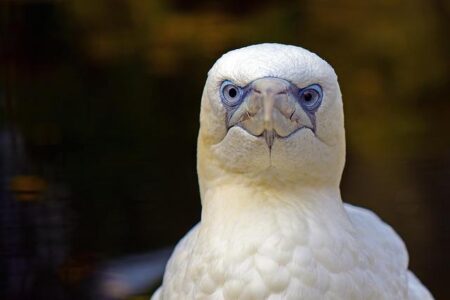Namibia Reinstates Live Poultry and Bird Imports from South Africa
In a significant advancement for its agricultural sector, Namibia has officially lifted the suspension on live poultry and bird imports from South Africa.This ban was initially put in place due to health and safety concerns.The recent decision is a pivotal move towards rejuvenating the poultry industry, which has been hindered by trade limitations and biosecurity challenges. The Ministry of Agriculture, Water, and Land Reform announced this resumption, highlighting the importance of strengthening local supply chains while supporting farmers amidst an increasing demand for poultry products. As both countries adapt to the evolving post-pandemic environment, this initiative is anticipated to enhance trade relations and provide a vital boost to Namibia’s economy. Stakeholders express optimism regarding its potential impact on food security as Namibia reopens its borders to these crucial imports.
Namibia’s Decision to Reopen Live Poultry Imports from South Africa
In a groundbreaking move, Namibia has reinstated live poultry imports from South Africa in response to the rising demand for fresh and affordable poultry products within its borders. This strategic reopening aims not only at stabilizing local poultry prices but also at enhancing food security across the nation. The implementation of this policy is expected to benefit consumers who are increasingly looking for quality meat options at competitive prices. Various stakeholders within Namibia’s poultry sector have welcomed this development, underscoring how essential imported live birds will be in fulfilling local consumption needs.
Key elements of this decision include:
- Support for Local Farmers: Local producers will gain access to high-quality breeds that can enhance their production capabilities.
- Adherence to Regulations: The government guarantees that all incoming shipments will comply with strict health standards designed to prevent disease outbreaks.
- Economic Growth Potential: Importing these birds is expected to invigorate the economy by creating jobs and generating revenue across related sectors.
| Advantage | Description |
|---|---|
| Cost Reduction | An increase in supply may lead to lower prices for consumers purchasing poultry. |
| Enhanced Quality | The introduction of superior breeds can improve overall meat quality available in markets. |
Impact on Namibia’s Poultry Industry and Economic Development
The resumption of live bird imports from South Africa carries significant implications for both Namibia’s poultry industry and broader economic growth prospects. This decision is poised to strengthen local supply chains while fostering a more competitive market environment with several key benefits:
- Sustained Supply Levels:A greater availability of chicken products could help stabilize market prices by reducing volatility.
- Diversity Enhancement:The importation of birds with desirable traits may improve genetic diversity among local breeds, benefiting both farmers’ productivity levels as well as consumer choices.
- Diverse Market Opportunities:This increased access could stimulate domestic consumption rates substantially.
Moreover, there are substantial economic implications tied directly into these developments; revitalizing the poultry sector could lead not only job creation but also support ancillary industries such as feed production or distribution networks.
| Indicator | Expected Outcome | |
|---|---|---|
| Job Creation | New employment opportunities arising within farming & processing sectors | |
| Local Investment Growth | Attracting investments aimed at improving infrastructure & technology within agriculture | |
| Email <th Phone <tr/thead <tbody <tr< | Nambia<td/Dr John Smith<td/john.smith@namibia.gov<td/+264 81 234 5678/tr/
<tr< | S.Africa<td/Ms Sarah Lee<td/sarahlee@southafrica.gov/<t+27 72 3456789/tr/
<tbody/table Final Thoughts/h2To summarize—the reinstatement regarding importing live fowl/birds originating out-of-South African territories signifies an important milestone achieved within Namibian agricultural landscapes today! Not only does it reinforce bilateral ties shared between two nations—but also aims toward bolstering food security whilst promoting enhanced domestic production efforts too! As we navigate complexities surrounding trade regulations/biosecurity measures—industry players along with consumers eagerly anticipate positive outcomes stemming forth resulting increased import activities impacting marketplace dynamics positively over time ahead! With renewed cooperation established—Namibia stands ready further develop its burgeoning livestock industry catering growing demands placed upon them moving forward together hand-in-hand through future endeavors ahead! |
|---|







